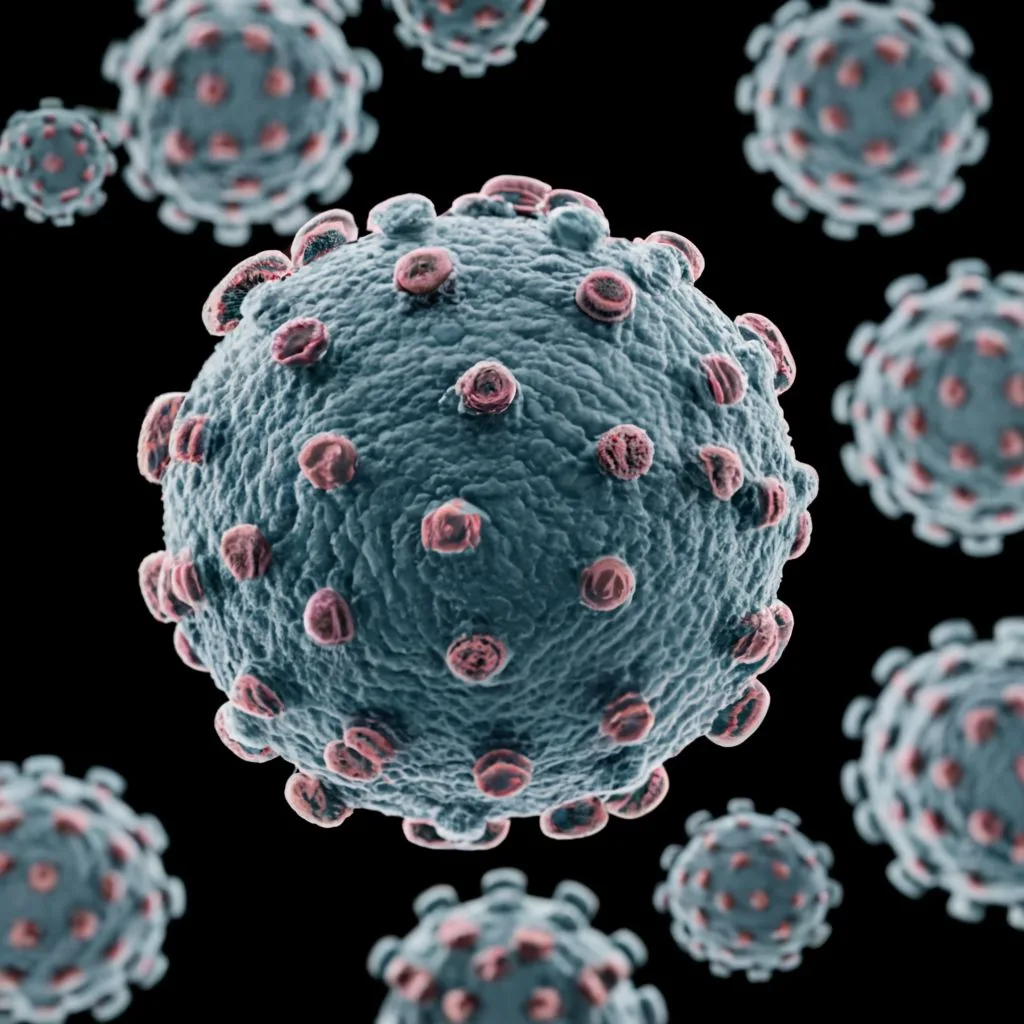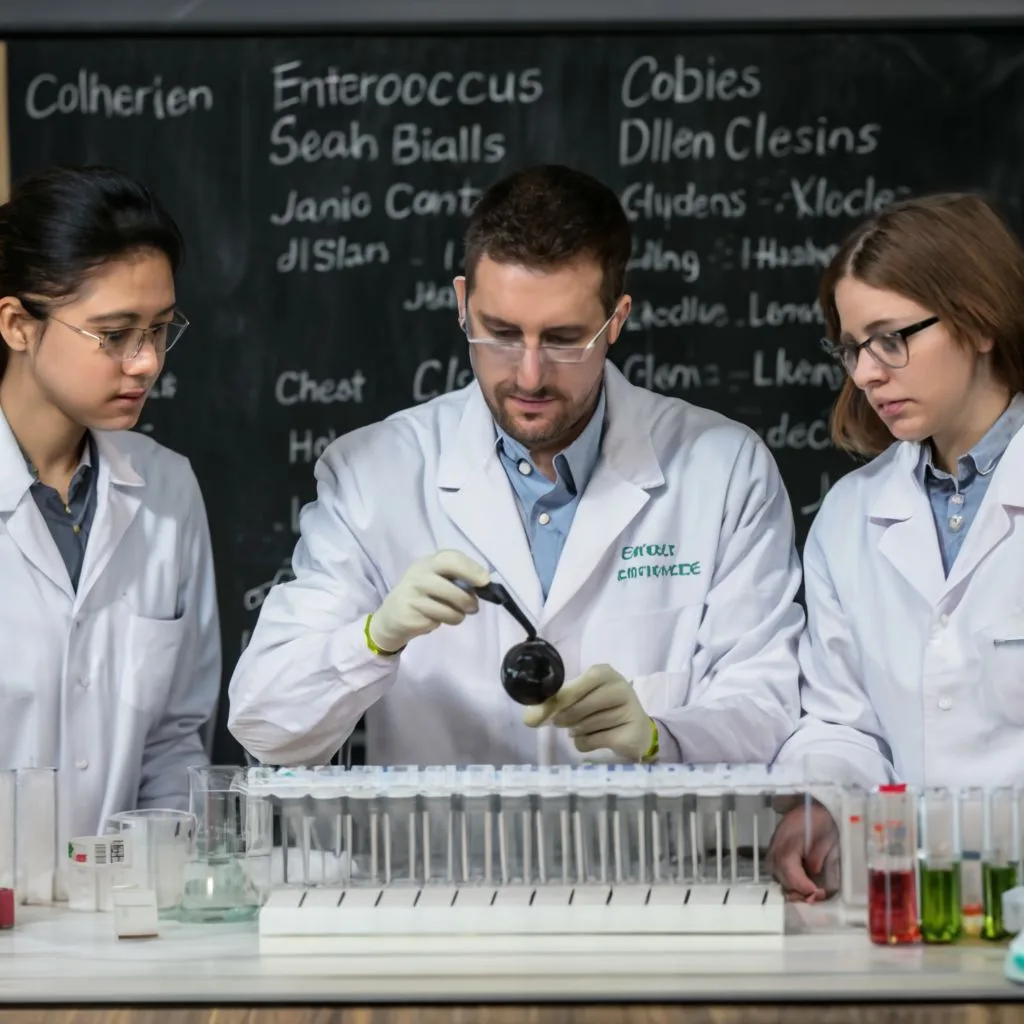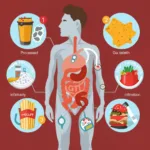
In an era when antibiotic resistance threatens to become one of the major causes of death by 2050, a ground-breaking finding casts a light of hope on the impending global health problem. A team of dedicated scientists, lead by Michael S. Gilmore of Massachusetts Eye and Ear, has discovered 18 previously undiscovered types of Enterococcus bacteria. This discovery, reported in the Proceedings of the National Academy of Sciences, not only increases the known variety of this species by more than 25%, but it also adds hundreds of new genes to the scientific community’s armory against multidrug-resistant diseases.
Discovering New Frontiers in Antibiotic Resistance
The finding was no little accomplishment. An worldwide team of researchers, including Ashlee Earl of Broad’s Bacterial Genomics Group, set out on treks to some of the world’s most isolated locations. From the cold seas of the sub-Antarctic to the lush greenery of the Brazilian jungle, these scientists gathered samples that would eventually contribute to a breakthrough in our knowledge of antibiotic resistance.

Their findings not only highlight the natural reservoirs of enterococci, including antibiotic-resistant species, in insects and other invertebrates, but also emphasize the importance of global biodiversity in seeking novel solutions to the dilemma.
A View into the Ancient World of Enterococci.
This investigation into enterococci has found that these bacteria have lived with terrestrial mammals for around 425 million years. The study’s thorough collecting technique not only revealed novel types of bacterial toxins, but also highlighted enterococci’s flexibility and resilience, particularly their capacity to withstand antibiotics. Understanding how resistance genes transfer to hospital germs, posing a substantial danger to human health, allows scientists to investigate novel techniques to monitoring and combating drug-resistant infections more efficiently.
- (Health Care),IndiaDotCom Digital has announced the return of TheHealthSite.com Summit.

- A study linked ultra-processed foods to gut health risks.

- Akira Toriyama, the creator of Dragon Ball, died at the age of 68.

Upcoming Challenges and Opportunities
The discovery of these 18 new Enterococcus bacterium species opens up new options for study and development in the battle against antibiotic resistance, but it also highlights the size of the problem ahead. Enterococcus infections, which are particularly deadly after surgery and in hospitalized patients, cost the healthcare system more than $30 billion each year. The global health community is now responsible for not just studying the complicated biology of these novel species, but also converting that information into practical ways to halt the tide of antibiotic resistance
Also Read| A study linked ultra-processed foods to gut health risks.
As the globe grapples with the growing threat of antibiotic-resistant bacteria, Gilmore’s team’s finding is a watershed moment in the road to protect global health. By adding hundreds of new genes from these ancient microorganisms to our genetic library, scientists get crucial information that might possibly transform how we fight illnesses. The fight against antibiotic resistance is far from ended, but with ongoing investment in research and innovation, there is optimism on the horizon.






